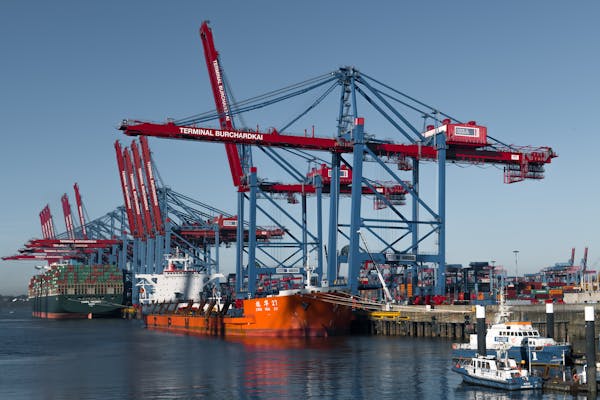
Freight forwarding and third-party logistics (3PL) are often mistaken for one another, but they are fundamentally different in scope and function. Freight forwarders specialize in the transportation of goods, acting as intermediaries between shippers and carriers. They manage tasks such as negotiating freight rates, consolidating shipments, and ensuring compliance with international shipping regulations. Freight forwarders are logistics experts who simplify the complexities of global transportation, making them indispensable for businesses with cross-border shipping needs.
On the other hand, 3PL providers offer a broader range of services, encompassing end-to-end supply chain management. This includes warehousing, inventory control, order fulfillment, packaging, and distribution. By taking a holistic approach, 3PLs help businesses streamline their operations, optimize supply chains, and focus on their core competencies. Unlike freight forwarders, whose primary focus is on moving goods efficiently from point A to point B, 3PL providers manage the entire logistics ecosystem.
The choice between freight forwarders and 3PL providers often depends on a business’s specific needs. For instance, companies that primarily require international shipping expertise and freight cost optimization may benefit from partnering with a freight forwarder. These professionals have a deep understanding of customs regulations, freight routes, and carrier relationships, ensuring that goods reach their destination smoothly and on time.
In contrast, businesses seeking a comprehensive logistics solution may find greater value in partnering with a 3PL provider. These companies not only handle transportation but also provide additional services like warehouse management, inventory tracking, and last-mile delivery. This makes them ideal for businesses with complex supply chains or those experiencing rapid growth and needing scalable logistics solutions.
Collaboration between freight forwarders and 3PL providers can also be an effective strategy for certain businesses. For example, a company may rely on a freight forwarder for international transportation while engaging a 3PL provider to manage domestic distribution and warehousing. This hybrid approach can offer the best of both worlds, combining expertise in global shipping with seamless supply chain management.
Ultimately, businesses must carefully evaluate their logistics needs, scale, and growth objectives to make the right decision. Whether opting for a freight forwarder for specialized transportation or a 3PL provider for end-to-end logistics support, choosing the right partner can significantly impact operational efficiency and customer satisfaction.
